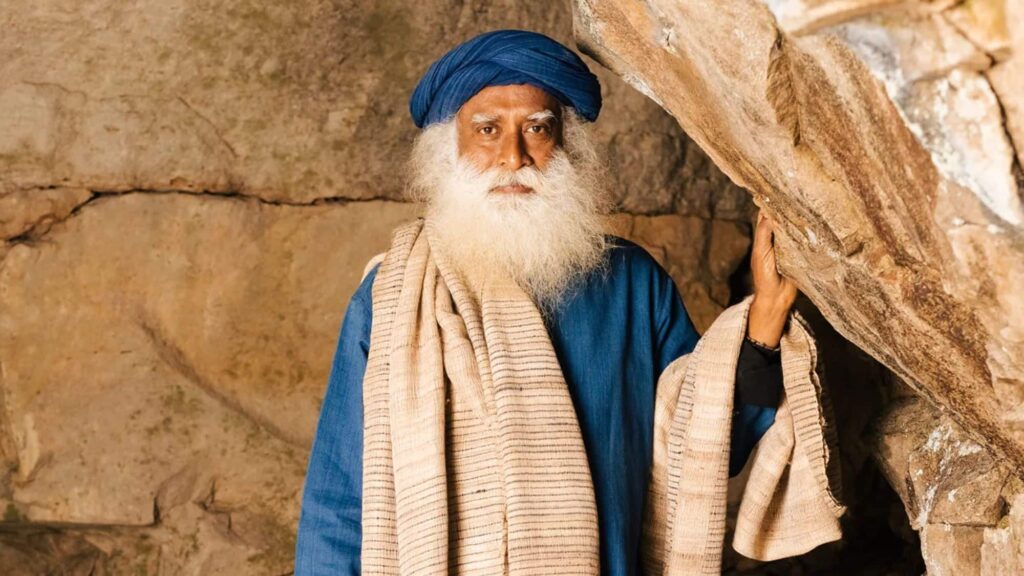The Madras High Court has raised significant questions regarding the motives behind the actions of Vasudev, who had previously arranged the marriage of his daughter, leading her into a conventional lifestyle. The court is scrutinizing why he is allegedly encouraging young women to renounce worldly life, shave their heads, and live as ascetics in his yoga centers.
Context of the Case
The case emerged from concerns voiced by various community members and families regarding the activities happening within Vasudev’s yoga centers. Many feared that the emphasis on ascetic lifestyles may not only be an attempt to promote yoga but could also be seen as a method of exerting control over young women.
Background on Vasudev
Vasudev is known for his teachings in yoga and meditation, attracting many individuals seeking spiritual guidance. However, his recent choices have sparked controversy. While some view him as a spiritual leader, others see potential red flags in his advocacy for young women’s asceticism.
Legal Implications
The court’s inquiry touches on the broader implications of personal freedom versus potential coercion in spiritual settings. The judges are contemplating whether Vasudev’s encouragement might constitute a form of manipulation, questioning the ethical lines in encouraging individuals to lead unconventional lifestyles.
Public Response
Public reaction has been polarized. Supporters argue that Vasudev empowers women to seek spiritual fulfillment outside traditional roles, while detractors express concern about the psychological impact and potential loss of agency for those involved.
Socio-Cultural Considerations
India has a rich history of asceticism and spiritual quests, often revered in various traditions. However, the dynamics of modern society present new challenges. The court’s involvement highlights the need for balance between spiritual pursuits and the preservation of individual rights.
Women’s Empowerment vs. Spirituality
This situation raises crucial questions about women’s empowerment within spiritual contexts. Are women genuinely choosing these paths, or are they being subtly guided towards them due to certain pressures?
Conclusion
The concerns raised by the Madras High Court serve as a pivotal moment in examining the intersection of spirituality, personal choice, and the treatment of women in India. As the court deliberates, it sheds light on essential questions regarding autonomy and the influence of spiritual leaders. The outcome may set important precedents, influencing how spiritual institutions operate and how they engage with societal norms regarding women’s rights and personal freedom.
